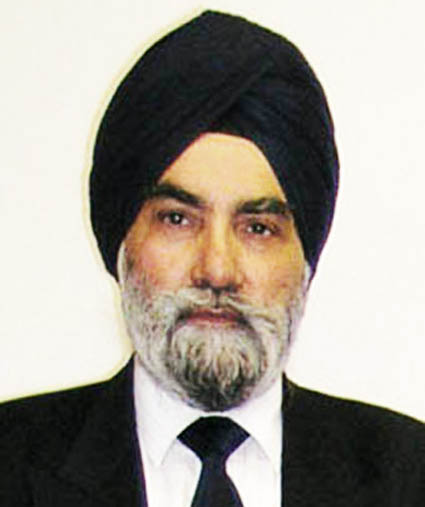Corruption is Thriving Across the World (Transparency International)

Corruption is defined as the abuse of entrusted power for private gain. Corruption erodes trust, weakens democracy, hampers economic development and further exacerbates inequality, poverty, social division and the environmental crisis. (Transparency International)
In many countries, public servants routinely take bribes for services. In such countries, long queues for services are for the poor only while the rich get served at home! Sometimes, rates of bribery are fixed through middlemen. Bhai-bhateejawaad nepotism thrives and sometimes the least qualified get jobs and positions.
Corruption erodes rule of law and its costs are huge in every field:
political, human rights and freedoms, social, education, legal, economic, sustainable future and environmental etc.
Some forms of corruption at global level listed by an organisation called Transparency International are: politicians misusing public money or granting public jobs or contracts to their sponsors, friends and families and corporations bribing officials to get lucrative deals. Corruption can happen anywhere: in business, government, the courts, the media, and in civil society, as well as across all sectors from health and education to infrastructure and sports. Corruption can involve anyone: politicians, government officials, public servants, business people or members of the public.
According to Transparency International, the 2023 Corruption Perceptions Index (CPI) shows that corruption is thriving across the world. The CPI ranks 180 countries and territories around the globe by their perceived levels of public sector corruption, scoring on a scale of 0 (highly corrupt) to 100 (very clean). The Index shows that the global average is at 43, and many countries, including India, have declined in the last decade. However, companies from even countries with high CPI score are involved in cross-border corruption cases. Many of these companies pay bribes to do business abroad.
One aspect of corruption at state level is impunity, that is, exemption from punishment of law-breaking by officials and state agencies. Extra judicial killings in Panjab after 1984 are an example. These were politically motivated and the impunity afforded to law officers also enriched them when they took bribes from parents or close relatives of Sikh youth falsely accused of terrorist activities. Official corruption may also be behind the drugs trade and slow poisoning of Panjabi youth today.
The global trend of weakening justice systems is reducing accountability for public officials. That allows corruption to thrive. Both, authoritarian and democratic leaders are undermining justice. This is increasing impunity for corruption, and even encouraging it by eliminating consequences for criminals. Corrupt acts like bribery and abuse of power are also infiltrating many courts and other justice institutions across the globe. Where corruption is the norm, vulnerable people have restricted access to justice while the rich and powerful capture whole justice systems, at the expense of the common good.
Clearly, one deterrence to corruption is public transparency which empowers the public to seek accountability from public servants and politicians. It means shedding light on formal and informal rules, plans, processes and actions.
Regrettably, corruption will continue to thrive until justice systems
can punish wrongdoing and keep governments in check. Regardless of the political systems in power, most countries in the world are losing the battle against corruption. We have seen that democracies have not succeeded in stopping corruption. The global consequences can be disastrous.
For a Sikh, the ultimate solution lies in the Khalsa theo-temporal (Piri-Miri) way of life based on the universal principles of honest work and sharing defended by the sword of collective responsibility.
Gurmukh Singh OBE
Principal Civil Servant retd (UK)